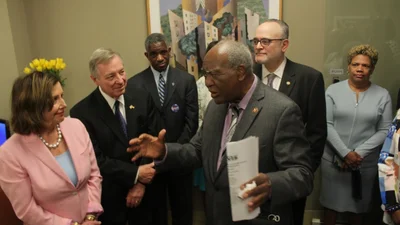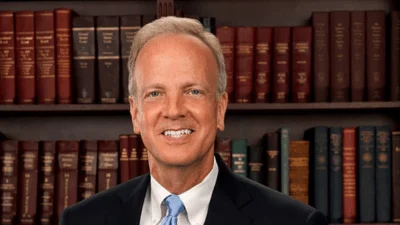Washington, D.C. - Today, Oversight and Reform Committee Chairwoman Carolyn B. Maloney and Ranking Member James Comer, along with National Security Subcommittee Chairman Stephen F. Lynch and Ranking Member Glenn Grothman, sent a bipartisan letter to the Inspector General of the National Archives and Records Administration (NARA) urging him to evaluate and make recommendations on how the agency can reduce the backlog of pending veteran records requests at the National Personnel Records Center (NPRC), which has grown to 550,000 due to the coronavirus pandemic.
NPRC houses records that are essential for veterans to receive service-related benefits, including medical treatment, unemployment assistance, and emergency housing services. While NPRC has taken steps to expedite the processing of veteran records requests, the Committee is urging the Inspector General to conduct a review of the factors that contributed to the worsening backlog, as well as NARA’s response to resolving it.
“Although NARA initially projected that it would clear the backlog by the end of calendar year 2022, recent updates suggest that the backlog could be resolved as soon as Oct. 1, 2022. Unfortunately, NARA’s most recent update to Congress on October 4, 2021, indicated that more than 550,000 requests are currently in the backlog and that progress to reduce the backlog was interrupted by the spread of the more contagious Delta variant of the coronavirus. NARA must keep its workforce safe, but the agency also needs to take action to ensure our veterans do not wait years for records they require to access critical services," wrote the Members.
In their letter, the Members also urge the Inspector General to make recommendations on how to effectively reduce the backlog, including recommendations regarding how to modernize NARA’s information technology infrastructure to help digitize records and enable remote processing, how to communicate better with veterans and their families, how NARA can improve its ability to acquire and award contracts to support its effort to process veteran records requests, and whether any additional resources are required to process outstanding records requests in a timely manner.








